Billy Eckstine
Billy Eckstines smooth baritone and distinctive vibrato broke down barriers throughout the 1940s, first as leader of the original bop big-band, then as the first romantic black male in popular music. An influence looming large in the cultural development of soul and R&B singers from Sam Cooke to Prince, Eckstine was able to play it straight on his pop hits Prisoner of Love, My Foolish Heart and I Apologize. Born in Pittsburgh but raised in Washington, D.C., Eckstine began singing at the age of seven and entered many amateur talent shows. He had also planned on a football career, though after breaking his collar bone he made music his focus. After working his way west to Chicago during the late 30s, Eckstine was hired by Earl Hines to join his Grand Terrace Orchestra in 1939. Though white bands of the era featured males singing straightahead romantic ballads, black bands were forced to stick to novelty or blues vocal numbers until the advent of Eckstine and Herb Jeffries (from Duke Ellingtons Orchestra). Though several of Eckstines first hits with Hines were novelties like Jelly, Jelly and The Jitney Man, he also recorded several straightahead songs, including the hit Stormy Monday. By 1943, he gained a trio of stellar bandmates — Dizzy Gillespie, Charlie Parker, and Sarah Vaughan. After forming his own big band that year, he hired all three and gradually recruited still more modernist figures and future stars: Wardell Gray, Dexter Gordon, Miles Davis, Kenny Dorham, Fats Navarro, and Art Blakey as well as arrangers Tadd Dameron and Gil Fuller. The Billy Eckstine Orchestra was the first bop big-band, and its leader reflected bop innovations by stretching his vocal harmonics into his normal ballads. Despite the groups modernist slant, Eckstine hit the charts often during the mid-40s, with Top Ten entries including A Cottage for Sale and Prisoner of Love. On the groups frequent European and American tours, Eckstine also played trumpet, valve trombone and guitar

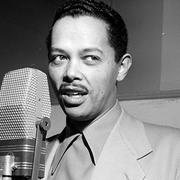
 Long Long Journey - Billy Eckstine
Long Long Journey - Billy Eckstine
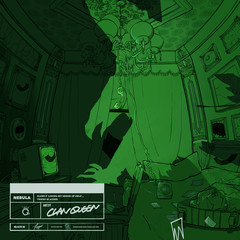
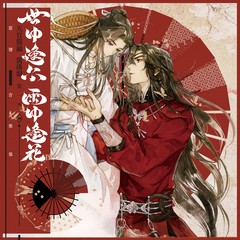


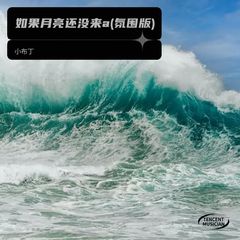



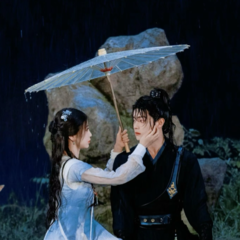



















![[STATION] aespa《Dreams Come True》MV Teaser - aespa (에스파)](https://img2.kuwo.cn/wmvpic/324/79/54/2120387380.jpg?imageView2/1/w/195/h/130/format/jpg/q/60)





